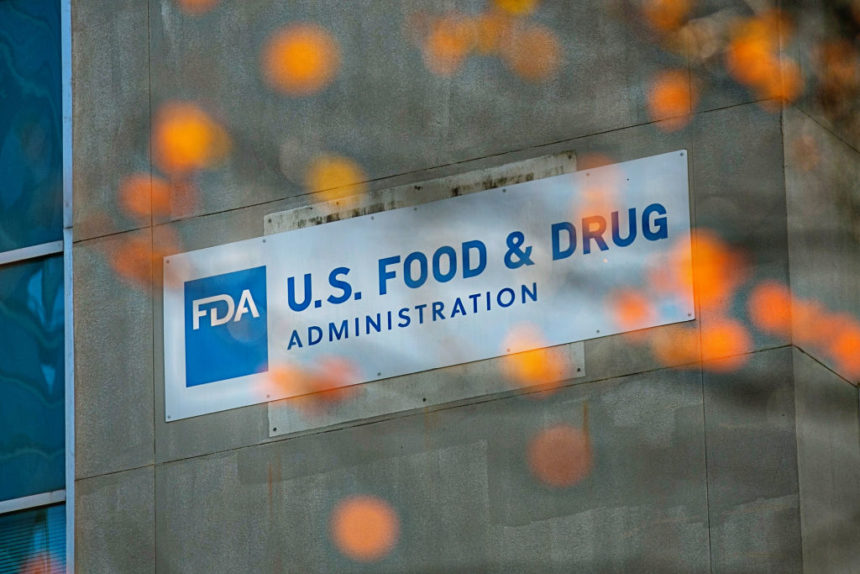The Food and Drug Administration announced Friday morning that it is proposing changes to its blood donor eligibility guidelines that would eliminate time-based deferrals for men who have sex with men (MSM) and women who have sex with MSM.
Since 1985, the FDA has banned MSM from donating blood, stating that this policy was due to “the strong clustering of AIDS illness and the subsequent discovery of high rates of HIV infection in that population.”
That reasoning has long been challenged by healthcare stakeholders and LGBTQIA+ advocates who cite evidence that MSM don’t have any higher prevalence of HIV infection than their straight counterparts.
The draft recommendations are meant to be gender-inclusive and based on individual risk-based questions to reduce the risk of transfusion-transmitted HIV. Another consideration listed in the proposed rule includes revising the current questionnaire to ask all prospective donors about new or multiple sexual partners in the past three months.
Friday’s proposal marks a historic reversal of federal health policy dating back to the early days of the AIDS/HIV epidemic. The FDA previously loosened the policy to a one-year deferral from having sex with other men in 2015 and then the deferral was shortened to three months in response to the COVID-19 pandemic, which shut down thousands of blood drives in early 2020.
The revised blood donor guidelines also come during National Blood Donor Month, a time when blood donation organizations urge people to donate amid a severe shortage in the nation’s blood supply.
“Whether it’s for someone involved in a car accident, or for an individual with a life-threatening illness, blood donations save lives every day,” FDA Commissioner Robert Califf, M.D., said in a statement. “Maintaining a safe and adequate supply of blood and blood products in the U.S. is paramount for the FDA, and this proposal for an individual risk assessment, regardless of gender or sexual orientation, will enable us to continue using the best science to do so.”
The FDA held a virtual press conference Friday morning where Califf and Dr. Peter Marks, director of the FDA’s Center for Biologics Evaluation and Research, discussed the draft recommendations.
The agency’s decision to eliminate time-based deferrals for certain populations at increased risk of HIV has been years in the making. Organizations ranging from the American Medical Association and the American Red Cross to Tinder and the Human Rights Campaign, have long called for the policy to be amended.
The announcement was applauded by America’s Blood Centers, who said the FDA is seeking to implement “rational, science-based deferral periods” applied fairly and consistently across all prospective donors.
“This is a milestone day in the history of blood donation in America. The FDA’s proposal to a move to an individual risk-based deferral policy maintains the safety of our nation’s blood supply while treating all donors with the fairness, equality, and respect they deserve,” America’s Blood Centers CEO Kate Fry said in a statement. “The swift action by FDA to propose this change reflects the strength of the data collected as a part of the Assessing Donor Variability And New Concepts in Eligibility (ADVANCE) Study, which demonstrated the ability to make this change without impacting the safety of the blood supply. We look forward to working with our member blood centers, the FDA, and key stakeholders to welcome impacted donors once this new change is finalized and implemented.”
The first sign that change was on the way came in November, when The Wall Street Journal reported that the FDA was considering allowing more gay and bisexual men to donate blood.
The Washington Post reported Thursday afternoon that the FDA would allow gay and bisexual men in monogamous relationships to donate blood.
Going forward, the proposed guidance will be open for public comment for 60 days, at which point the FDA will review and consider all comments before finalizing the rule.







